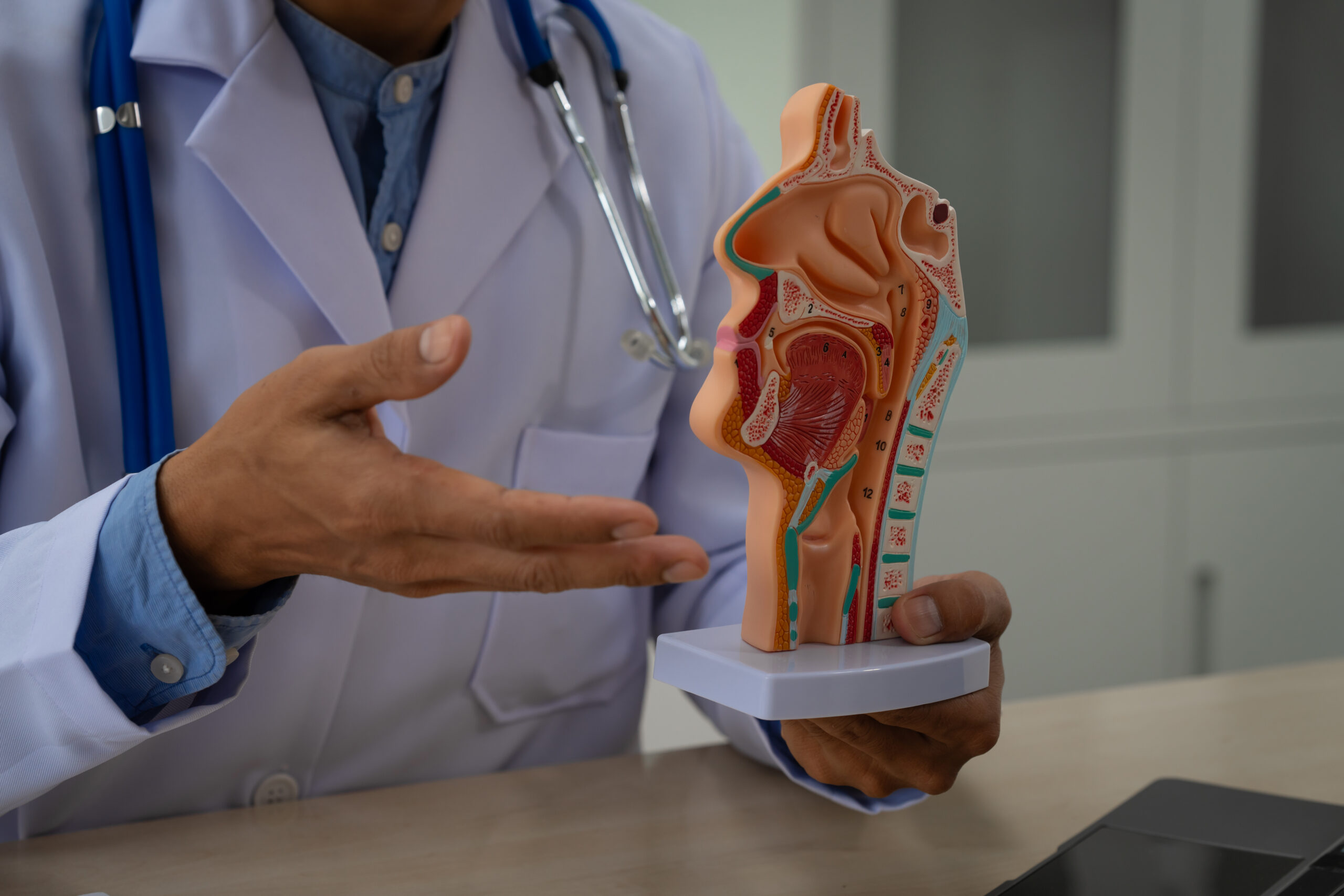For those who are having issues with managing their weight, diet pills may be tempting — especially if they promise quick results. However, be mindful of what you’re putting in your body. Unlicensed pills can cause more problems for your health in the long run!
Instead, you should speak to a medical professional before taking a weight loss medical product. The Health Sciences Authority maintains a list of approved weight loss medications. These can be purchased with a prescription after a doctor evaluates your suitability for it.
We speak to certified pharmacist Desmond Khor, who manages our pharmacy operations, to find out more about prescription weight loss medication.
Not everyone is suitable for weight loss medication.
Firstly, weight loss medication shouldn’t be taken by everyone.
“Your doctor will measure your Body Mass Index (BMI),” shares Desmond. Weight loss medication is typically recommended for individuals aged 18 and above with a:
- BMI of 30 kg/m² or more; or
- BMI of 27 kg/m² or more with at least 1 pre-existing health condition such as diabetes, high blood pressure, high cholesterol or sleep apnea.
Depending on the severity of the obesity and the type of medication, treatment may be considered for children above 12 years of age.
“Obesity could lead to poorer health outcomes for patients with existing health conditions. As such, your doctor may prescribe weight loss medication if they assess you need additional support for your weight.”
Your doctor would also look at your own lifestyle habits. For example, have you already been making healthier lifestyle changes, yet still have problems losing weight? If so, medication could be effective in supporting your weight loss journey.
Weight loss medication works in many different ways.
There are various types of medication available for weight loss.
“Some work by reducing the amount of fats and oil absorbed by your body when you’re having a meal,” shares Desmond. “Others work by increasing the action of certain chemicals in your brain, which helps to suppress your appetite.”
Currently, the latest development in weight management medication involves GLP-1 agonists.
“Without getting too technical, GLP-1 is a hormone that manages your blood sugar levels and your appetite,” explains Desmond. “The medication acts on your body in a similar way to GLP-1. This helps you to feel fuller when you’re eating while also decreasing your feelings of hunger.”
An example of this type of medication is Saxenda®, which is an injectable drug that can be prescribed by a doctor for weight management.
Medication isn’t a magic bullet.
Being on medication doesn’t mean you can slip into unhealthy lifestyle habits. Instead, medication should be seen as a supplement to healthy lifestyle modifications.
“Ultimately, the most powerful drivers for weight loss is still a balanced diet and regular exercise,” says Desmond. “Of course, a positive attitude helps too!”
An individual may be prescribed weight loss medication if they find that these lifestyle changes, alone, are not doing much to lower their weight. “In such cases, the doctor may prescribe you medication, such as Saxenda®, to give you that extra ‘push’ to achieve or maintain your weight goals.”
You may need to be on medication for a few years.
“Depending on the type of weight loss medication, you may be asked to take them for a few months to a few years,” shares Desmond. “Only when your progress is stable, would your doctor start to wean you off your medication.”
As such, it’s important to keep a diary or record of your weight loss progress. An easy way of doing this is to take your weight every morning and note it down on an app on your phone. This helps your doctor monitor your progress so that they can assess if the medication is effective for you.
“If it seems that the medication hasn’t had a significant impact after 3 – 6 months, your doctor may recommend you alternatives, which could work better.”
There can be side effects and it’s important to let your doctor know.
As with all types of medication, prescription weight loss products may have side effects. These tend to be rather mild and shouldn’t be a cause for worry.
Some side effects include:
- Nausea and/or some vomiting
- Dry mouth
- Difficulties sleeping
- Increased flatulence and/or diarrhoea
“These differ from individual to individual. Some of these side effects may even fade after you’ve been on the medication for a while.”
There are certain more serious side effects that you should keep an eye out for. “For example, if you experience an increased heart rate or severe allergic reactions, like rashes or difficulty breathing, you should seek medical attention as soon as possible,” says Desmond.
Not sure if you should start weight loss medication? We’re here to support you on your journey towards a healthier lifestyle.
You can make an appointment for your first consultation at the DA Clinic @ Anson or DA Clinic @ Yishun. Our doctors will assess your suitability for prescription weight loss medication and will prescribe you products accordingly. After which, you can do any subsequent follow-up sessions over video-call with our doctors.







